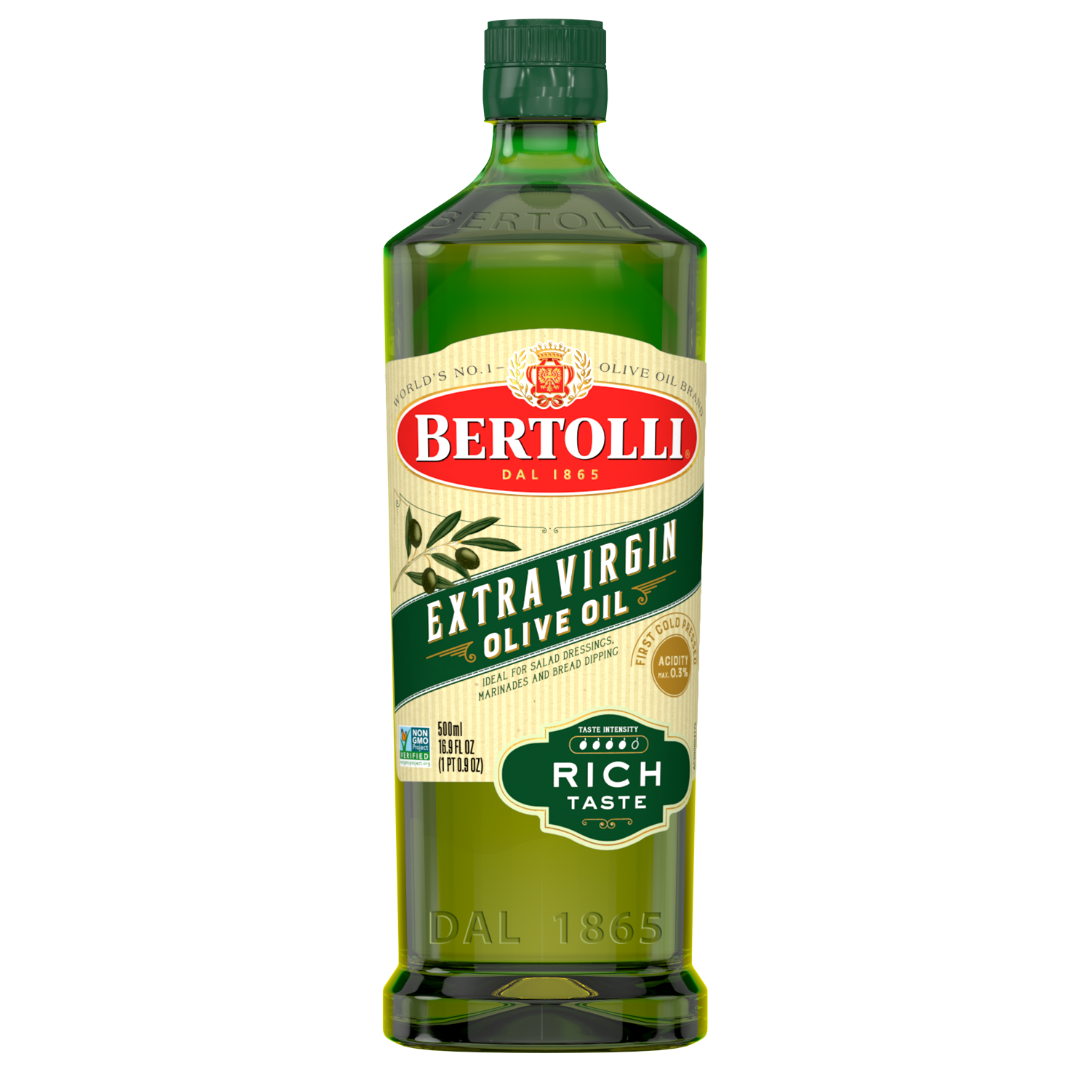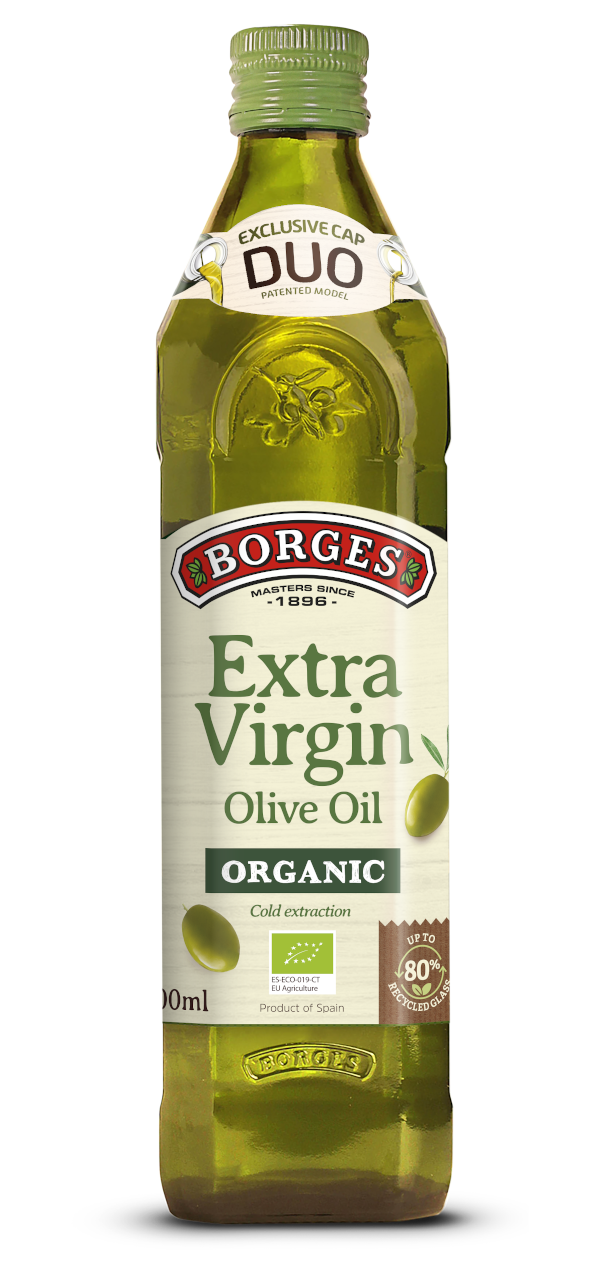Exploring the Extra Virgin Olive Oil Benefits for Reducing Blood Pressure
Exploring the Extra Virgin Olive Oil Benefits for Reducing Blood Pressure
Blog Article
Exploring the Different Kinds of Olive Oil and Their Uses, Including Additional Virgin Olive Oil
The expedition of olive oil incorporates a diverse array of types, each offering culinary applications and distinctive flavors. Additional virgin olive oil, renowned for its premium high quality and wellness benefits, serves as a staple in lots of kitchens, yet it is only one aspect of this complex ingredient.
What Is Olive Oil?
Obtained from the fruit of the olive tree, olive oil is a staple in Mediterranean food and a key component in different cooking applications. This versatile oil is produced by pressing entire olives, causing a fluid that varies in taste, fragrance, and shade relying on the sort of olives used, the region of cultivation, and the extraction process. Olive oil is mainly made up of monounsaturated fats, specifically oleic acid, which is recognized for its possible wellness advantages, consisting of anti-inflammatory residential or commercial properties and cardiovascular support.
In addition to its culinary uses, olive oil has a long history of application in conventional medicine and skincare, owing to its rich antioxidant content (extra virgin olive oil benefits). The oil is frequently used in dressings, marinades, and for cooking methods such as sautéing and roasting. Its distinct taste account can improve the preference of different meals, making it a vital active ingredient for both home cooks and specialist chefs
Furthermore, olive oil is celebrated for its duty in the Mediterranean diet regimen, which is linked with many health benefits. As recognition of these benefits grows, olive oil continues to gain appeal worldwide as an essential element of a healthy lifestyle.
Sorts Of Olive Oil
Understanding the numerous kinds of olive oil is essential for both health-conscious consumers and cooking fanatics. Olive oil is categorized primarily based upon its extraction technique and quality, which dramatically impacts its health, taste, and fragrance benefits.

Light olive oil, in spite of its name, refers to a lighter taste and not reduced calories. It is optimal for those seeking a more refined taste in marinades and dressings. In addition, there are flavorful olive oils infused with herbs, seasonings, or citrus, which can improve dishes without the demand for extra seasoning.
Each sort of olive oil offers particular culinary objectives, and comprehending these differences permits consumers to make enlightened options that align with their food preparation styles and wellness objectives.
Additional Virgin Olive Oil
Extra virgin olive oil (EVOO) is extensively related to as the finest quality olive oil available, popular for its rich taste and countless health benefits. To be identified as extra virgin, the oil has to be created from fresh olives making use of mechanical processes, without making use of solvents or extreme warmth. This careful method protects the oil's all-natural flavors, anti-oxidants, and healthy fats, leading to an item with a low level of acidity level of less than 0.8%.
EVOO is bountiful in monounsaturated fats, particularly oleic acid, which is connected to reduced inflammation and boosted heart health. It likewise has polyphenols, powerful anti-oxidants that might offer safety results against chronic illness. The taste profile of EVOO can vary dramatically depending on the olive range and area of manufacturing, ranging from fruity and grassy to durable and sharp.

Culinary Use Olive Oil

In food preparation, olive oil can be made use of for sautéing, toasting, and cooking, giving a much healthier option to butter or various other fats. Its high smoke point makes it suitable for various cooking methods, while its anti-oxidants add to a heart-healthy diet regimen. Sprinkling olive oil over completed dishes, such as pasta, fish, or grilled veggies, can boost tastes and add a touch of beauty.
Moreover, olive oil plays a considerable linked here duty in cooking, where it can replace conventional fats in recipes for bread and pastries, imparting wetness and a refined taste. It likewise functions as a base for instilled oils, enabling chefs to experiment with tastes such as garlic, natural herbs, or chili, even more expanding its cooking capacity. Overall, olive oil's convenience makes it crucial in both home and expert kitchens.
Finding High Quality Olive Oil
When selecting top quality olive oil, it's necessary to think about numerous crucial elements that affect the product's taste, scent, and wellness advantages. Opt for additional virgin olive oil (EVOO), which is acquired from the first chilly pushing of olives and contains the greatest degrees of antioxidants and useful substances. Look for oils that are accredited by identified companies, as this typically makes certain adherence to stringent high quality requirements.
The product packaging also plays a considerable function in maintaining the oil's integrity. Choose oils kept in dark glass containers or tins to secure versus light degradation. Pay attention to the harvest date; fresher oils use premium taste and dietary value, so select products that are within 18 about his months of their harvest.
In addition, think about the beginning of the oil. High-grade olive oils often come from particular regions understood for their unique flavor profiles, such as Italian, Spanish, or Greek oils. Be aware of the taste; a good quality olive oil should have an equilibrium of fruity, bitter, and sharp notes, showing its splendor and complexity. By assessing these elements, you can ensure you are choosing the best olive oil for your cooking demands.
Conclusion
In recap, the exploration of numerous types of olive oil discloses distinct features and applications, with additional virgin olive oil standing for the pinnacle of top quality due to its low level of acidity and high antioxidant content. Comprehending the different ranges of olive oil permits for informed selections in cooking techniques, advertising healthier methods while improving the general gastronomic experience.
Acquired from the fruit of the olive tree, olive oil is a staple in Mediterranean cuisine and a crucial active ingredient in various cooking applications.The most usual types of olive oil include improved olive oil, pure olive oil, and light olive oil.Extra virgin olive oil (EVOO) is commonly pertained to as the highest high quality olive oil readily available, celebrated for its rich taste and countless health benefits. Decide for added virgin olive oil (EVOO), which is derived from the very first cool pressing of olives and includes the greatest degrees of anti-oxidants and advantageous compounds.In recap, the expedition of numerous kinds of olive oil reveals distinct qualities and applications, with additional virgin olive oil standing for the peak of top quality due to its reduced level of acidity and high antioxidant content.
Report this page